Medical Devices and Implants-based Surgery
- Home
- Medical Devices and Implants-based Surgery
PodiatryMedical Devices and Implants-based Surgery
Medical devices and implant-based surgeries in India cover a variety of medical conditions, including orthopedic, cardiac, and neurological disorders. Common procedures include hip and knee replacements, spine surgeries with implants, pacemakers, defibrillators, and implantable cardioverter defibrillators for treating heart conditions, and cochlear implants for treating hearing loss. Implants such as artificial joints, stents, and neurostimulators are pivotal in improving patient outcomes and quality of life. Advanced technology and skilled surgeons in India ensure effective treatments across the country. Accessing the best medical device implant center in India is easy with Medkins Healthcare, which guides you to the best hospitals and doctors and supports you throughout the treatment process.
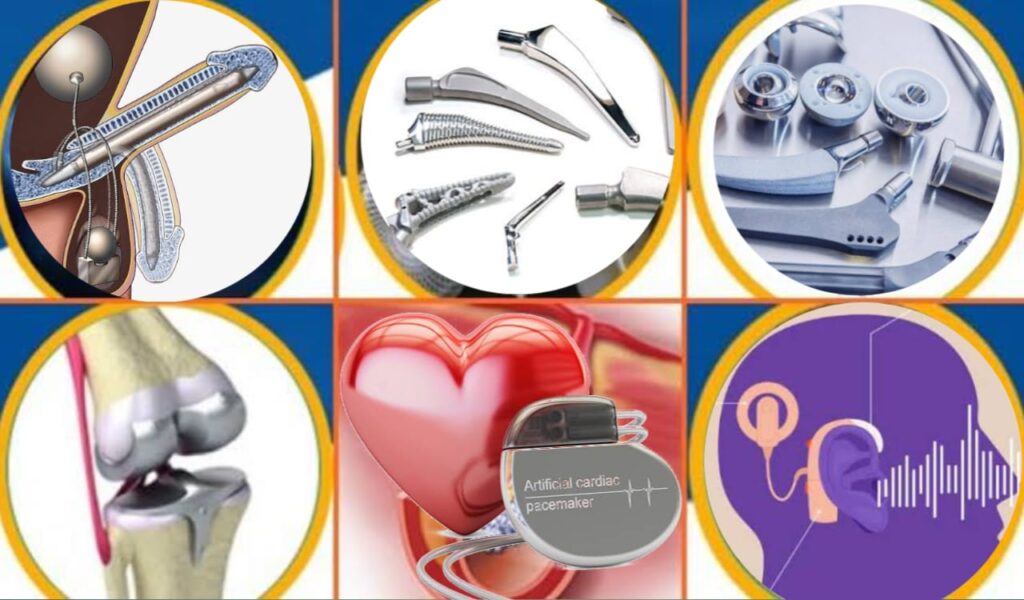
1. A. Orthopedic Diseases that may require an Implant
- Osteoarthritis
- Rheumatoid arthritis
- Bone fractures
- Osteoporosis
- Spinal deformities (e.g., scoliosis)
- Sports injuries (ligament tears, meniscus injuries)
- Congenital deformities (club foot, hip dysplasia)
B. Orthopedic Conditions may require Implants
- Joint degeneration (hip, knee, shoulder)
- Fractures (simple, compound, complex)
- Spinal instability
- Ligament injuries
- Bone loss due to cancer or trauma
C. Orthopedic Devices & Implants
- Joint Replacement Implants: Hip, knee, shoulder, elbow replacements (prostheses made from metal, ceramic, or polyethylene).
- Spinal Implants: Rods, screws, cages for spinal fusion and stability.
- Fracture Fixation Devices: Plates, screws, nails, and external fixators for fracture stabilization.
- Bone Grafts and Substitutes: Synthetic bone grafts, bone cement.
- Ligament Reconstruction Devices: Tendon grafts, anchors, and sutures for ACL/PCL injuries.
D. Orthopedic and Spine Procedures with Implants
- Joint Replacement Surgery (Arthroplasty)
- Spinal Fusion Surgery
- Fracture Repair Surgery (ORIF)
- Arthroscopic Surgery for Ligament Repairs
- Bone Grafting
2. A. Cardiac Diseases that may require Device or Implants
- Coronary artery disease
- Heart failure
- Arrhythmias (atrial fibrillation, ventricular tachycardia)
- Valvular heart disease
- Congenital heart defects
B. Cardiac Conditions that may require Device or Implant
- Blocked coronary arteries
- Heart rhythm disturbances
- Weakened heart muscles
- Heart valve dysfunction
- Congenital structural defects
C. Cardiac Devices & Implants
- Cardiac Pacemakers: For heart rhythm regulation.
- Implantable Cardioverter-Defibrillators (ICDs): For life-threatening arrhythmias.
- Coronary Stents: Metal mesh devices to open blocked arteries.
- Heart Valve Prostheses: Mechanical or bioprosthetic valves for valve replacement.
- Left Ventricular Assist Devices (LVADs): For heart failure management.
- Artificial Hearts: Temporary or permanent replacements for failing hearts.
D. Cardiac Procedures with device or Implant
- Coronary Angioplasty with Stent Placement
- Pacemaker or ICD Implantation
- Heart Valve Replacement Surgery
- LVAD Implantation
- Heart Transplantation
3. A. Neurological Diseases that may require Device or Implant
- Parkinson’s disease
- Epilepsy
- Brain aneurysms
- Stroke
- Hydrocephalus
B. Neurological Conditions that may require Device or Implant
- Uncontrolled seizures
- Movement disorders (tremors, rigidity)
- Aneurysms causing bleeding or risk of rupture
- Spinal instability due to injury or degeneration
- Accumulation of cerebrospinal fluid (CSF)
C. Neurological Devices and Implants
- Deep Brain Stimulators (DBS): Electrodes implanted in the brain for Parkinson’s and essential tremor.
- Vagus Nerve Stimulators (VNS): Devices for seizure control.
- Intracranial Stents and Coils: For treating aneurysms.
- Spinal Cord Stimulators: For chronic pain management.
- Shunts (Ventriculoperitoneal Shunt): For draining excess CSF in hydrocephalus.
- Cranial Plates and Screws: For repairing skull fractures.
D. Neurological Procedures with Device and implant
- Deep Brain Stimulation (DBS) Surgery
- Vagus Nerve Stimulation (VNS) Implantation
- Endovascular Coiling for Aneurysms
- Spinal Fusion with Implants
- Shunt Placement Surgery
4. A. Eye diseases that may require a device or implant
- Cataracts
- Glaucoma
- Corneal diseases (e.g., keratoconus)
- Retinal detachment
- Macular degeneration
B. Eye conditions that may require a device or implant
- Cloudy or opaque lenses
- High intraocular pressure
- Corneal thinning or scarring
- Retinal tears or detachment
- Loss of central vision due to retinal disease
C. Ophthalmic device or implant
- Intraocular Lenses (IOLs): Artificial lenses for cataract surgery.
- Glaucoma Drainage Devices: Tubes and valves for reducing intraocular pressure.
- Corneal Implants: For reshaping or replacing diseased corneas.
- Retinal Implants: For severe vision loss due to retinal disease.
- Scleral Buckles: For retinal detachment repair.
D. Device- or implant-based eye procedures
- Cataract Surgery with IOL Implantation
- Glaucoma Drainage Device Surgery
- Corneal Transplant (Keratoplasty)
- Retinal Reattachment Surgery
B. Ear, nose and throat conditions that may require a device or implant
- Severe hearing impairment
- Sinus blockages or infections
- Stiffening of the ear bones
- Balance disorders
- Nasal airflow obstruction
C. ENT based Devices & Implants
- Cochlear Implants: For sensorineural hearing loss.
- Bone-Anchored Hearing Aids (BAHA): For conductive hearing loss.
- Middle Ear Implants: For moderate to severe hearing loss.
- Nasal Implants: To support nasal septum reconstruction.
- Balloon Sinuplasty Devices: For sinus drainage and opening.
D. ENT procedures with a device or implant
- Cochlear Implant Surgery
- BAHA Implant Surgery
- Middle Ear Implant Surgery
- Functional Endoscopic Sinus Surgery (FESS)
- Septoplasty with Nasal Implants
6. Gastroenterology Disease that may require Implantation
- Gastroesophageal reflux disease (GERD)
- Crohn’s disease
- Ulcerative colitis
- Biliary strictures
- Esophageal cancer
B. Gastrointestinal Conditions that may require Implantation
- Severe acid reflux
- Bowel obstruction or perforation
- Chronic inflammation of the gastrointestinal tract
- Narrowed bile ducts
- Esophageal obstruction or stricture
C. Gastrointestinal implants
- Esophageal Stents: For esophageal strictures and cancer.
- Biliary Stents: For bile duct obstructions.
- Gastric Bands: For bariatric (weight-loss) surgery.
- Feeding Tubes (PEG Tubes): For long-term nutrition.
- Capsule Endoscopes: For non-invasive GI tract visualization.
D. Implants-based Gastrointestinal Procedures
- Esophageal Stent Placement
- Endoscopic Retrograde Cholangiopancreatography (ERCP) with Stenting
- Laparoscopic Gastric Band Surgery
- PEG Tube Placement
- Capsule Endoscopy
7. Urinary tract diseases that may require an implant or device
- Benign prostatic hyperplasia (BPH)
- Urinary incontinence
- Kidney stones
- Erectile dysfunction
- Prostate cancer
B. Urological conditions that may require an implant or device
- Enlarged prostate causing urinary obstruction
- Involuntary leakage of urine
- Recurrent or obstructive kidney stones
- Inability to achieve or maintain erections
- Cancer of the prostate gland
C. Urological Devices & Implants
- Urethral Stents: To relieve urinary obstruction.
- Artificial Urinary Sphincters: For severe urinary incontinence.
- Penile Implants: For erectile dysfunction.
- Kidney Stents (Ureteral Stents): For draining obstructed kidneys.
- Prostate Implants (Radioactive Seeds): For prostate cancer treatment.
D. Implant-based Urological Procedures
- Urethral Stent Placement
- Artificial Urinary Sphincter Surgery
- Penile Prosthesis Implantation
- Kidney Stent Placement
- Brachytherapy with Prostate Implants
Our Focused Specialties
Multi-Specialty Care Hub
Discover India’s diverse multi-specialty health departments and treatments. We’re dedicated to ensuring a healthier tomorrow, navigating the dynamic realm of Indian healthcare. Our wide range of specialties includes top-notch hospitals, selected based on quality and healthcare facilities. Join us for a personalized journey to optimal health and wellness.
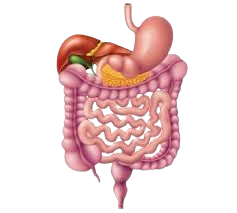
Gastro-intestine
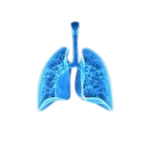
Pulmonology

Ophthalmology
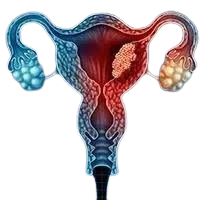
Gynaecology
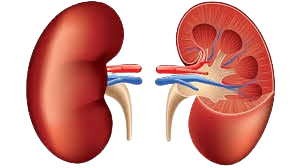
Nephrology
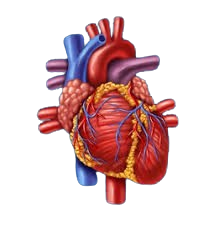
Cardiac
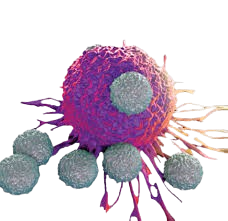
Hematology
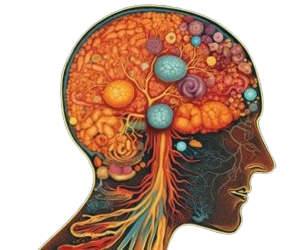
Neurology
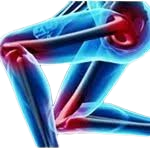
Bone & Joint
Looking for an expert !
Our Healthcare is home to some of the eminent doctors in the world

Dr Rajesh Sharma

Dr Sandeep Vaishya

Dr Sandeep Vaishya
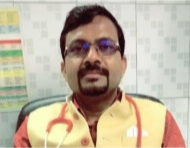
Dr Rajesh Sharma

Dr Rajesh Sharma
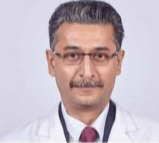
Dr Sandeep Vaishya
Easy Access Links
- International Patients
- We & Why
- Core Specialites
- Common Procedures
- Hospitals
- Doctors
- Treatment Locations
- Way To Healing
- Wise to ask before
- Comfort and Satisfaction
